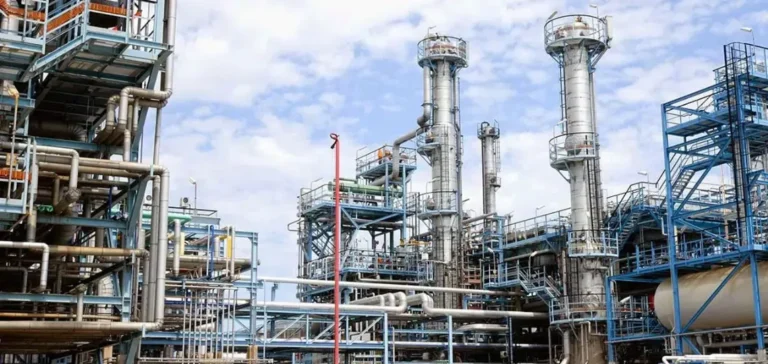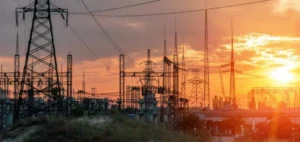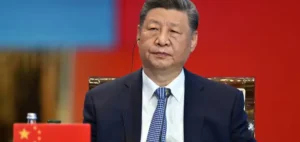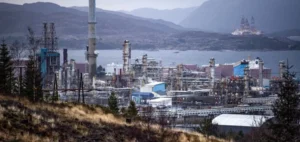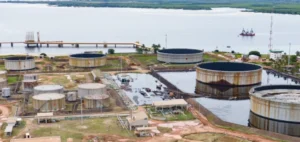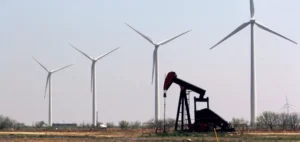The Nigerian National Petroleum Company Limited (NNPC Ltd) announced it will not sell the Port Harcourt refinery, reversing a direction considered in 2024. Chief Executive Officer Bayo Ojulari stated that the facility will remain under state control and undergo rehabilitation designed to ensure long-term viability.
This policy shift comes as the site continues to weigh heavily on the company’s finances. The refinery, degraded for several years, generates between 300 and 500 million naira per month (equivalent to $200,000 to $333,000) in operating costs. Built to process 210,000 barrels of crude oil per day across two units, it currently handles only about 40 %, limiting output and increasing pressure on NNPC Ltd’s accounts.
Maintenance programme under review
The rehabilitation of Port Harcourt is part of a broader initiative that also covered the Warri and Kaduna refineries, valued at $3 billion. The investment earmarked for Port Harcourt alone, estimated at $1.5 billion, has been suspended to reassess the schedule and execution framework. Management has indicated its intention to prioritise thorough and gradual maintenance rather than the disposal of strategic assets.
The decision comes as Nigeria continues to import the majority of its refined products despite being Africa’s leading crude producer. In August, oil output reached 1.71 million barrels per day, up 10 % from July 2024, according to the Nigerian Upstream Petroleum Regulatory Commission (NUPRC). Dependence on imported fuels remains a central challenge for the Nigerian economy.
Adjusted strategy amid new capacity
The retention of Port Harcourt coincides with the progressive start-up of the Dangote refinery, which has a declared capacity of 650,000 barrels per day. This private facility is already reshaping local supply dynamics and could significantly reduce import bills in the coming years.
By confirming its decision, NNPC Ltd aims to retain control of its refining assets and invest in their maintenance. The Port Harcourt refinery remains at the core of Nigeria’s energy strategy, with the goal of securing fuel supply and reducing the fiscal burden of imports.


